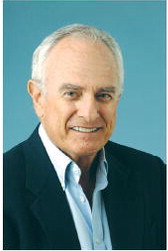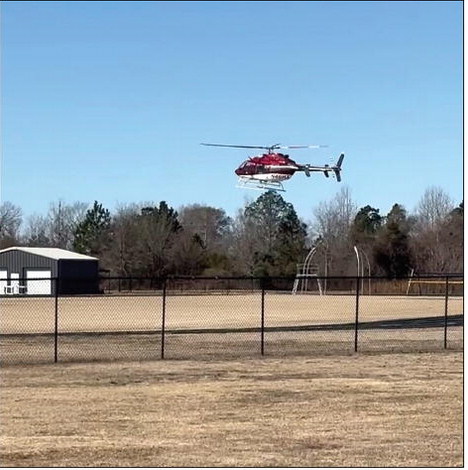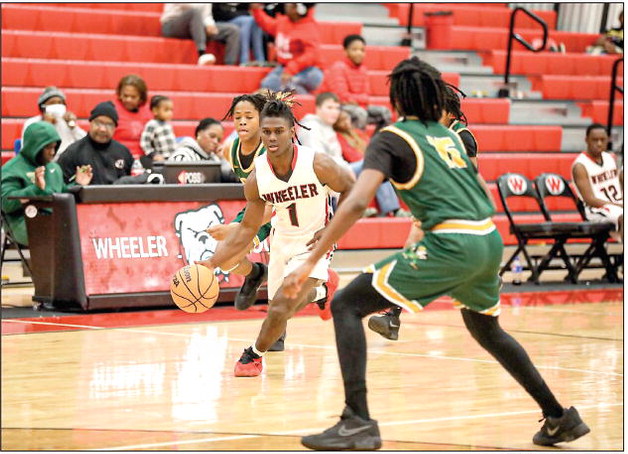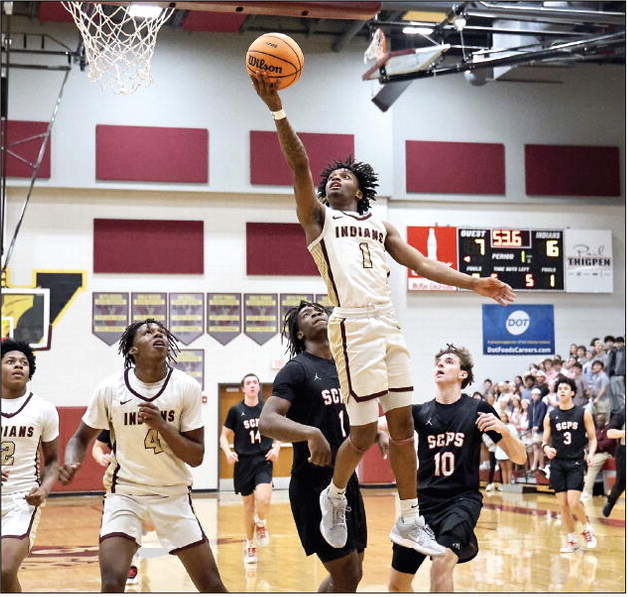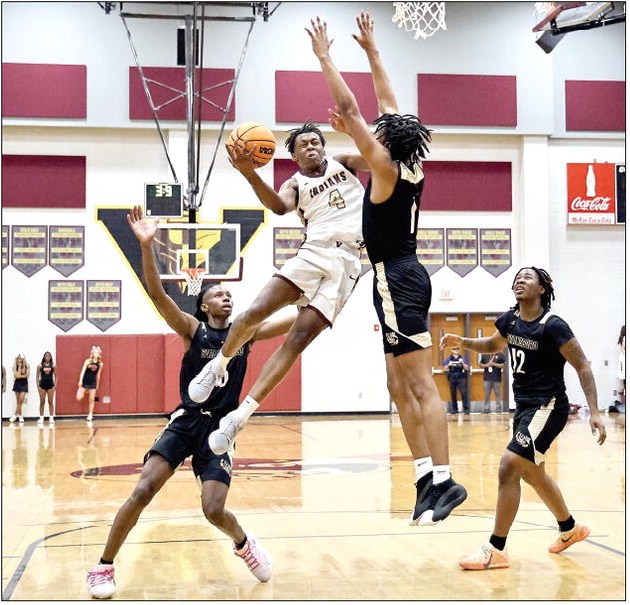Loran - Smith
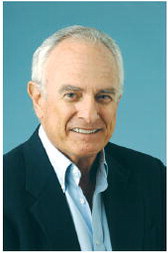

Loran
On a muggy night, September 19, 1964, in Tuscaloosa, Alabama, Joe Namath, in the first series, lined up under center, called for the snap and dropped back to throw. As soon as he set up in the pocket, George Patton was in his face and threw the heralded Tide All-American for a nineyard loss. Sitting in the press box beside the irrepressible Dan Magill, I had trouble restraining myself in that no-cheering environment. Patton, who was the cornerstone of the Vince Dooley era, returned to his home state (he grew up in Tuscumbia, 119 miles north of the Alabama campus) confident that the Bulldogs would win the game.
Unfortunately, Patton’s sack of Namath was the highlight of the evening for UGA partisans as the home team won 31-3 and went on to win the national championship.
The fact that Patton believed the Bulldogs could win the game was a reflection of his competitive confidence. He never failed to believe his team could win. He never embraced or accepted losing. More often than not, he was right and when big things happened on the field during his era, he either made it happen or was the catalyst that brought it about.
Patton came to Athens as the third brother in his family to play Southeastern Conference football—Huston had played for Ole Miss and James played at Alabama. The youngest Patton was a strong-armed quarterback, but otherwise, had little distinction. George, however, was quick and agile which would prove to be his ticket to starting status and becoming a two time All-American.
George arrived in Athens in 1963 when Johnny Griffith was in his last year as the Bulldogs’ coach, and No. 76 was ineligible to play as a freshman. When the Dooley staff came to town, some of the seasoned players were capable and competent. They appreciated the core fundamentals of the game—they were adept at blocking and tackling.
The new staff had something to work with.
Dooley’s youthful brain trust placed a premium on finding players who had the consummate desire and passion to play. Initially, they did not know where to put the sanguine Alabamian. Fortuitously, by that time, he had caught the eye of the canny defensive coordinator Erskine Russell, who coveted George’s speed and quickness—and on the field smarts, a perceptive competitor who often knew what the opposing quarterback was thinking.
When the head coach reviewed the defensive tackle idea with Patton, he grinned and said, “Coach I don’t care where I line up, I just want to play.”
That was the essence of George Patton, nicknamed “The General,” for old “Blood and Guts” of World War II fame. UGA’s Patton loved the game of football and never played a down in which he did not give his best, becoming the master of “big plays” for his entire career, none more impactful than against Alabama in continued from page
1965 between the hedges.
In the second quarter, the opposite tackle, Jiggy Smaha, crashed into Bama quarterback Steve Sloan, which brought about a fluttering pass, which Patton picked off, and raced 55 yards for a touchdown that gave Georgia a 10-0 lead. Alabama would rally and gain the lead, which led to the famous flea-flicker touchdown, which was followed by a two-point conversion, giving the Bulldogs one of the most memorable victories in school history.
What set Patton apart, however, was his remarkable leadership. He always underscored team first principles. He might arrange a beer celebration for his teammates after a big victory, but he would never let the party get out of hand. He would never let a teammate drink and drive. He deflected praise and preached “team” mantras throughout his career. “George was always lining us up in the right position,” said Bill Stanfill, the great All-American and later Super Bowl star with the Miami Dolphins. “He was our coach on the field.”
There has never been a coach-player mutual admiration society like George and his mentor, Erk Russell. They were perfect for each other. Erk, the ultimate proponent of where there is a will, there is a way and George, the driven and eager performer whose lion heart led him and his team to greatness.
That relentless heart finally stopped last week, when he died of cancer as he was trying to summon the strength to follow his beloved team through another season.
The Georgia chapter of the National Football Foundation and the Athletic Association have nominated George for induction into the College Football Hall of Fame. As a two time All-American, who moved from quarterback to tackle, along with being an accomplished student in the classroom is evidence that he should receive this high honor. “All I want is to be nominated,” George said—forever the modest proponent.
This parting shot. Football players come and go. Some return to campus as doting alumni. Not all, but some. Unfortunately, that percentage is dwindling. George Patton is one who loved his alma mater as much as he did the game at which he excelled. He was the ultimate “Damn Good Dawg.”



